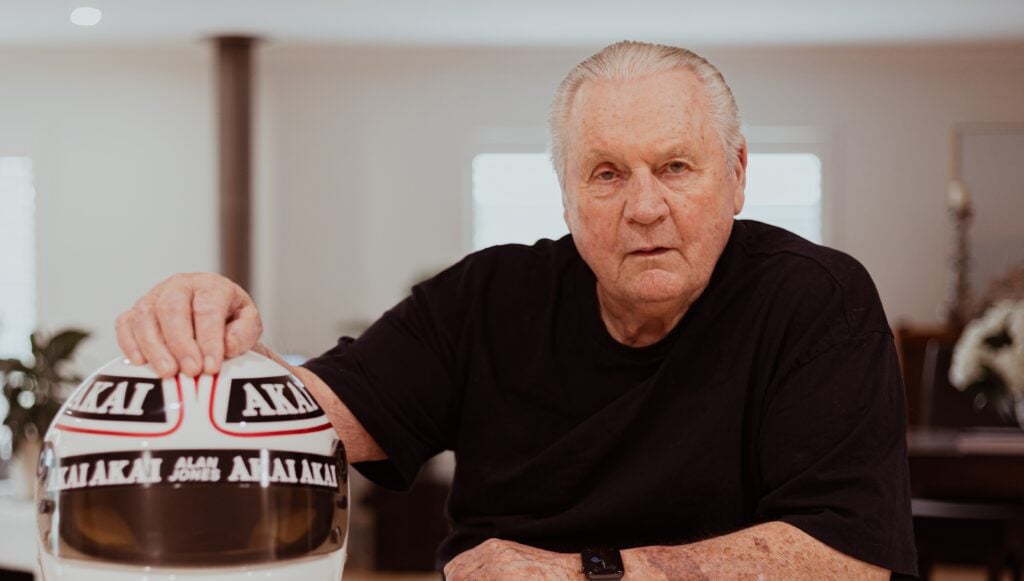1. If you think you’re busy, you probably aren’t. Take the time to be organised
There are a number of things that would have drastically accelerated my development, if I’d known them when I was 17. They’re obvious things, like being organised. I remember Formula 1 driver Derek Warwick asking me how much training I did when I was 17, and I replied that it was quite difficult to find the time. And I remember thinking it was weird how disappointed he was in me. But what I realised later is I hadn’t worked out what dedication and focus actually was. I thought I was busy but of course, I wasn’t really.
Every teenager thinks they’re busy but they’re just busy being a teenager. I did a little bit of training and a little bit of racing, but once I became a professional driver, it was two proper training sessions a day, my diet was monitored, and it meant being entirely focused on every part of my life. So if I could have accelerated what work ethic really meant, that would have helped me a great deal.”
2. Out of mistakes come your greatest opportunities
A lot of people think, “How can I improve on success?” but the truth is you can’t improve on success without looking at the things that could have gone wrong on the way. In racing, I’d spray the champagne and do the interview, but then the team would do a debrief about all the things we didn’t do right: I came in too fast for the pit stop, I lost half a second in traffic on lap 26… So we’re always very critical, even of success, because out of those potential failures comes your real opportunity. In life, people are nervous to analyse failure because they think, “If you have your mind on failure, how can you have your eye on success?” Well, eliminating your failures only strengthens what you can achieve on the other side.
3. The little things matter, especially in business
Almost everything stems from being organised, being prepared, and being on time. I always like to be on time. Always. And I like to be properly dressed. And I think those very basic things can take you a long way. In the modern world, deliveries don’t come at 11am as promised, they come at 12:30, or 4pm, and to me that is just so underwhelming. And what the business of sport teaches you is that the race starts at 4pm on Sunday and everyone will be on the grid no matter what, because there’s no option of not being ready. So the business of sport teaches you some great life lessons.
4. Don’t take life for granted. It can end sooner than you expect
I had a plane crash in 2000 and sadly both the pilots were killed. I was 30 years old, I was earning good money as a grand prix driver and without realising it, I was a little bit spoiled. If you grow up in a royal family, you don’t know anything different from being a royal. If you grow up in a wealthy family, you don’t know any different from being wealthy. If you’re from a humble background and then grow up to have success, maybe you hold on to some of those life lessons of being careful and not being wasteful. But after a few years in Formula 1, I did start to take things for granted.
And through that tragedy, and what could have been my final day, it made me realise: Don’t be a spoiled brat. Really respect and appreciate the moment. Respect those around you and all the things your granny told you about manners not costing a thing, to give people a smile, and even in difficult situations to try and find a way of diffusing aggression and frustration. And it’s interesting that in Formula 1, you rarely see fights in the paddock because I think people are able to compartmentalise and respect the difference between competition and not always seeing eye to eye.





